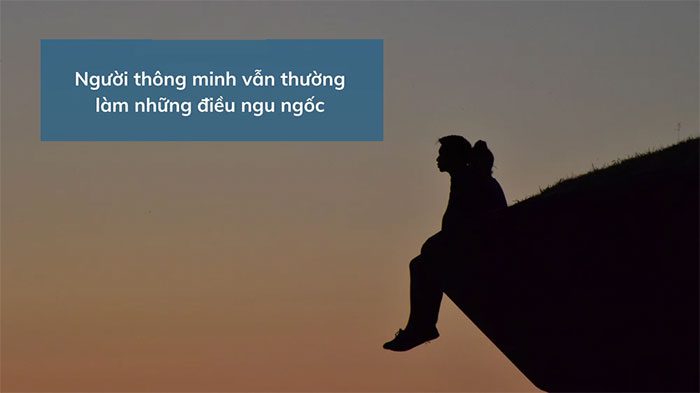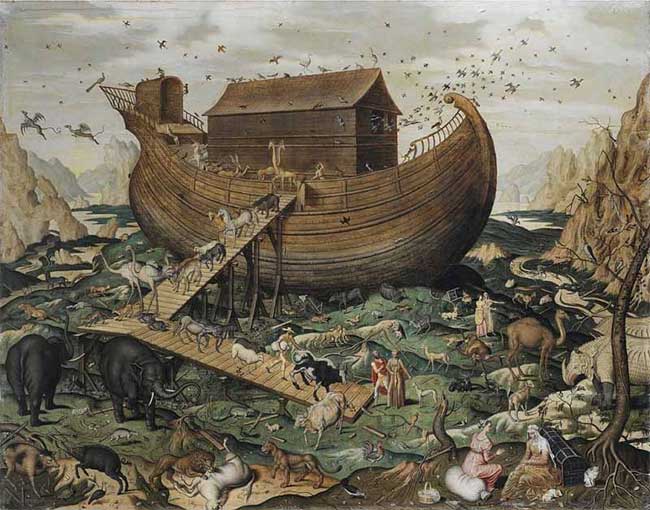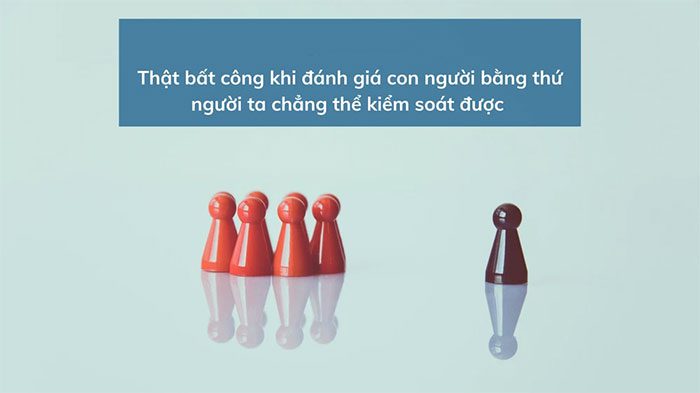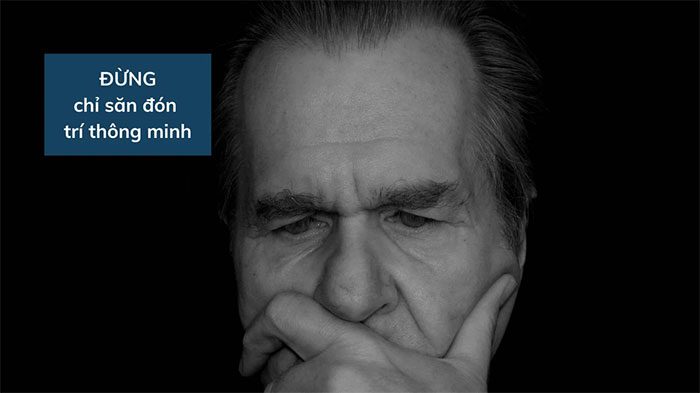Among the people we know, there is surely one person whom everyone praises as intelligent. However, we often observe that these intelligent individuals engage in remarkably foolish behaviors, which we consider the price of being “different.” As a professor, the highest academic rank in my household, I frequently find myself teased and amused by my family whenever I make silly mistakes.
So, are intelligent people truly intelligent? If they are smart, why do they still engage in such foolish actions? “Intelligent people” is a term that everyone feels honored to be associated with, a term that people everywhere use daily to describe someone knowledgeable and wise.

The advantages of intelligent people are undeniable. Intelligent individuals consistently achieve higher scores than their peers, are valued by teachers, and “live on a different plane compared to the ordinary social community.”
Research also indicates that they are less likely to encounter troublesome issues (such as committing crimes) during their teenage years. However, despite the clear advantages of intelligence, the sad truth is that intelligent individuals cannot rely on it to predict the outcomes of life, such as their level of happiness.
It is believed that being skilled in school or being a good employee can lead to greater satisfaction in life, but a high IQ has not been proven to significantly affect overall happiness or long-term longevity.
Psychologist Igor Grossmann from the University of Waterloo and his colleagues argue that most intelligence tests fail to capture real-world decision-making abilities and our capacity for good interaction with others. In other words, this may explain why those labeled as “intelligent” often do things that ordinary people consider “foolish.”
Meanwhile, one thing that people often confuse with intelligence – critical thinking ability – should actually be more sought after. Critical thinking is not intelligence. It is a set of cognitive skills that allows us to think in a way that focuses on goals and know how to apply those skills appropriately.
Critical thinkers are politely skeptical individuals. They are flexible thinkers who always require others to provide proof before they believe and often quickly identify cognitive traps and tricks used by others to persuade them. Critical thinking means overcoming all types of cognitive biases.
For example, a common cognitive error is confirmation bias:
Minh supports the idea that vegetarianism is good for health. She will seek out stories and opinions that confirm her belief that vegetarianism is beneficial and information that aligns with her beliefs.
On the other hand, Phuc is strongly opposed to the idea that vegetarianism is good for health. He looks for data sources and news that match his viewpoint. When he encounters news stories about vegetarianism, he interprets them in a way that supports his perspective.
These two individuals have very different views on the same topic, and their interpretations differ based on the beliefs they hold. Even when reading the same story, this bias tends to shape how people perceive each detail, further reinforcing their entrenched beliefs.

In response to the question “How many animals did Moses bring onto the Ark?”, research by Norbert Schwarz from the University of Southern California shows that only 12% of people correctly answer that it was Noah’s Ark, not Moses. People can easily be misled by information tricks, no matter how intelligent they are.
Confirmation bias affects how people gather information, but it also influences how they interpret and recall information. For example, supporters or opponents of a specific issue will not only seek information that supports their beliefs but will also interpret newly heard news in ways that elevate their existing ideas and remember everything in ways that reinforce those views.
This is also a cognitive error that intelligent individuals can fall into. Psychological research shows that misleading information is cleverly designed to bypass even the most careful analytical reasoning, meaning it can easily slip past even the smartest individuals.
There is even evidence that smarter individuals can sometimes be more easily deceived by certain information, as their quick-thinking abilities paired with these cognitive biases lead them to rationalize their incorrect beliefs.
At this point, we see that critical thinking helps people navigate a variety of complex situations in life more effectively. Critical thinking measures five skill components, including: verbal reasoning, argument analysis, hypothesis testing, probability and uncertainty, decision-making, and problem-solving.

Individuals with strong critical thinking skills are believed to encounter fewer negative situations in life. Rarely do we see them caught up in the messes that ordinary or even intelligent people often face: academic (e.g., “I forgot the exam”), legal (“I was arrested for driving violations”), personal (“I deceived my partner”), financial (“I have over $5,000 in credit card debt”), etc.
The reason for this may be that critical thinking is often continuously learned and refined through experiences. Therefore, individuals with good critical thinking skills will know how to handle various situations and areas of life, rather than just being “book-smart” in one area while being “absent-minded” in another, as is often the case with intelligent individuals.
It is time for parents, educators, and anyone else to pay more attention to praising those who possess critical thinking abilities. Improving intelligence is challenging. Intelligence is determined by the genes passed down from parents to their children. Thus, it is unfair to judge people based on something they cannot easily control.

Moreover, no one has yet definitively defined what intelligence is, and many scientists argue that various intelligence tests throughout history may not have measured all the factors that make a person considered more intelligent than others.
In the meantime, using critical thinking to assess a person’s abilities seems to be a fairer choice. Anyone can cultivate and learn critical thinking skills, from the moment they are born until they pass away. Such individuals will always be aware of the times, know themselves and others, and will never fear obsolescence or difficulties in life. Only by knowing how to do this can one be considered “intelligent.”
My brain has been stagnant, literally, for the past four years, and it’s even worse than cancer.




















































